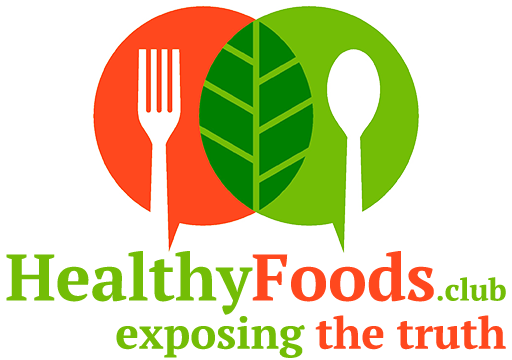Eggs are truly a superfood. They are commonly eaten at breakfast and are found as ingredients in lots of recipes. They have so much protein, vitamins, minerals, antioxidants, and good fats that they are the favorite food of professional bodybuilders.
A large egg contains only 70 to 80 calories while providing 10 percent of your daily recommended protein, and valuable iron, minerals and B vitamins (riboflavin, folic acid, vitamin B6 and vitamin B12). But over the years, eggs have gotten a bad rep as high cholesterol food. But should you totally ditch them in your diet?

✱ Are Eggs Good or Bad?
The truth is that eggs aren’t bad. The fact that they can promote cardiovascular disease is a common fallacy. According to results published in the Journal of the American College of Nutrition (2000) of a study done to estimate the degree of association between egg consumption and cholesterol levels, eggs make important nutritional contributions to the diet and their consumption is not associated with high cholesterol levels. The study showed that people who reported eating four or more eggs per week actually had significantly lower average cholesterol levels than those who reported eating zero to one eggs per week.
Some researchers also believe that the substance called ‘choline’ found primarily in the egg yolk counteracts the harmful effects of cholesterol present in the yolk. Choline may help to lower cholesterol levels associated with cardiovascular disease, however, more research is needed in this area. One large egg provides 30 percent of the recommended daily allowance (RDA) of choline, which plays an important role in brain health and the reduction of inflammation.
A recent Harvard study followed over 21,000 male doctors over a 20 year period, starting when they were about 54 years old, on average. The study found that men who reported eating seven or more eggs per week were 23 percent more likely to die of any cause. But egg consumption wasn’t linked to increased risk of heart attacks or strokes, even among men who ate more than seven eggs per week. The egg advocates say that the study does not provide enough data to blame eggs. The study doesn’t say anything about the cause of death and no information is provided on what else the men were eating.
To be on the safe side, one should be careful not to eat too much of fried eggs because you will also consume the fat from the oil the eggs have been cooked in. The key is not to prepare eggs in too much butter or oil. You may consider avoiding fried eggs and instead opt for scrambled, hard boiled or poached eggs.
If you are really worried about the cholesterol content about the egg, you can only eat the egg white. Eggs whites are a great option especially if you are trying to cut back on calories. They are a fantastic source of protein, but without the fat.
One more fear associated with eggs is related to food-borne illnesses involving eggs. One out of 20,000 eggs may be contaminated with salmonella, bacteria that can cause extreme intestinal distress. However, this can be easily avoided if eggs are stored appropriately in the refrigerator, cooked thoroughly and promptly eaten after cooking. Salmonella bacteria multiply quickly at room temperature. So make sure the eggs you buy are well refrigerated at the store and you put them in your refrigerator (coldest part of the refrigerator and not in the door) as soon as you get home. You can also get eggs that are pasteurized to kill bacteria inside the shells.
✱ How many eggs should I eat in a day?
One large egg has about 213 milligrams of cholesterol, which is found in the yolk. If you are healthy, the recommended dietary cholesterol intake should be less than 300 mg a day. The American Heart Association says an egg a day is fine for a healthy diet. But you should not add any further high cholesterol foods such as dairy, meats and poultry to your diet. If you have a medical condition such as heart disease or diabetes, it is recommended to check with your doctor (or dietitian) regarding egg consumption and dietary restrictions.
✱ Which eggs should I opt for?
There are many varieties of egg in the market like Free-Range, Cage-Free, Organic Eggs. But these are just a marketing gimmick. People may feel better about eating these eggs but there is no scientific evidence that these measures change the nutritional value of the eggs for the better.
If you like eggs but don’t want the extra cholesterol, use egg whites. So, the bottom line is eggs are a very nutritious source of many nutrients, such as protein, vitamin A, and essential fatty acids and adding eggs to your diet is an Egg-cellent choice!


